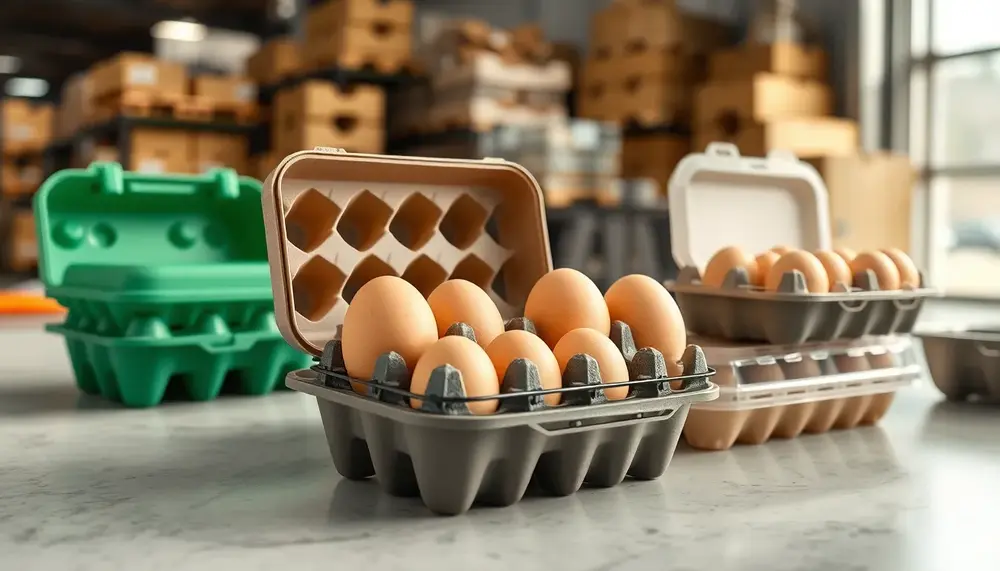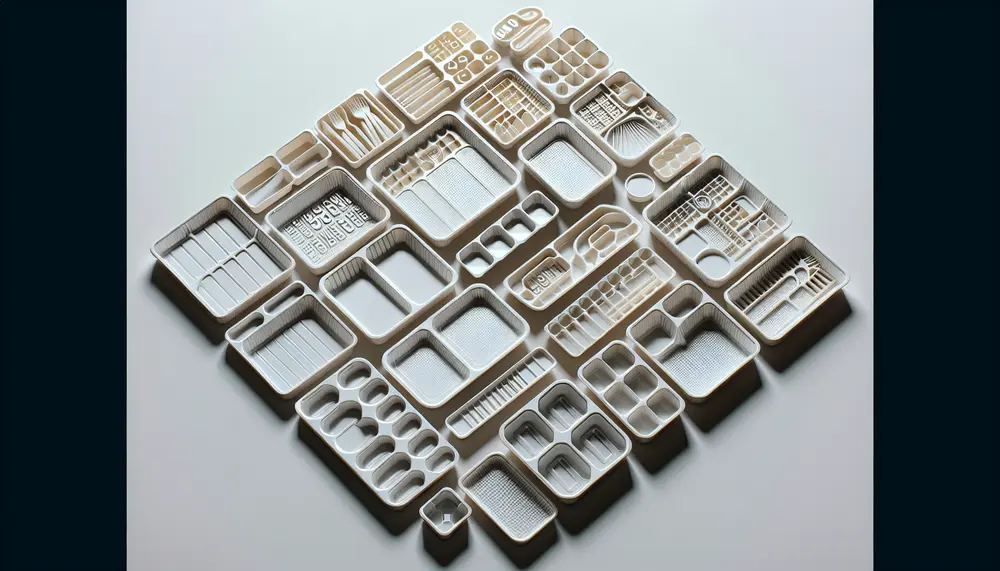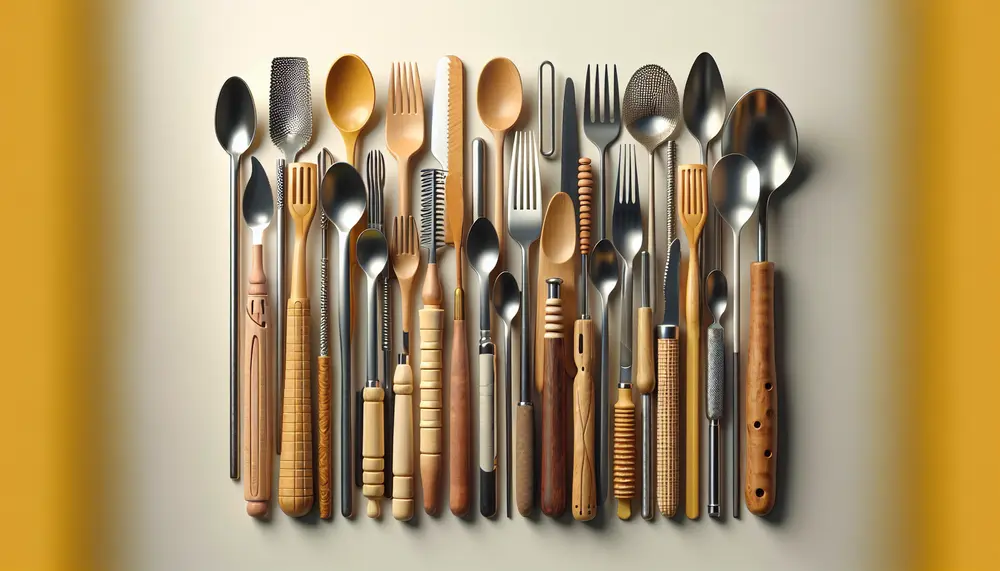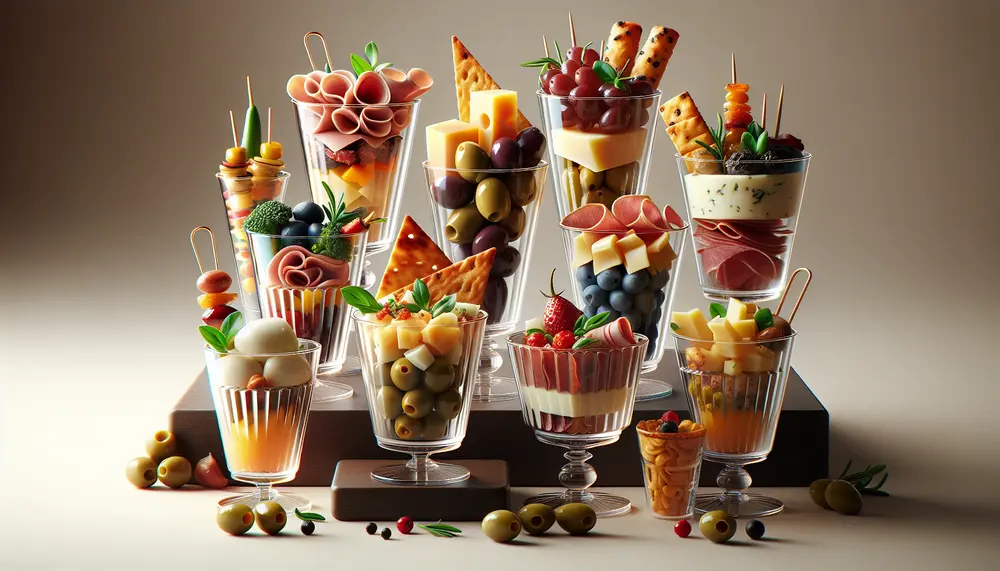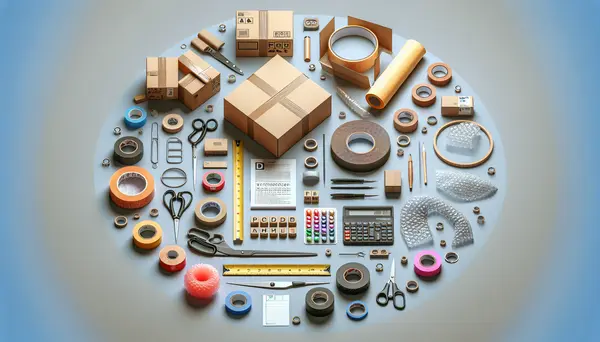Posts on the Topic Functionality
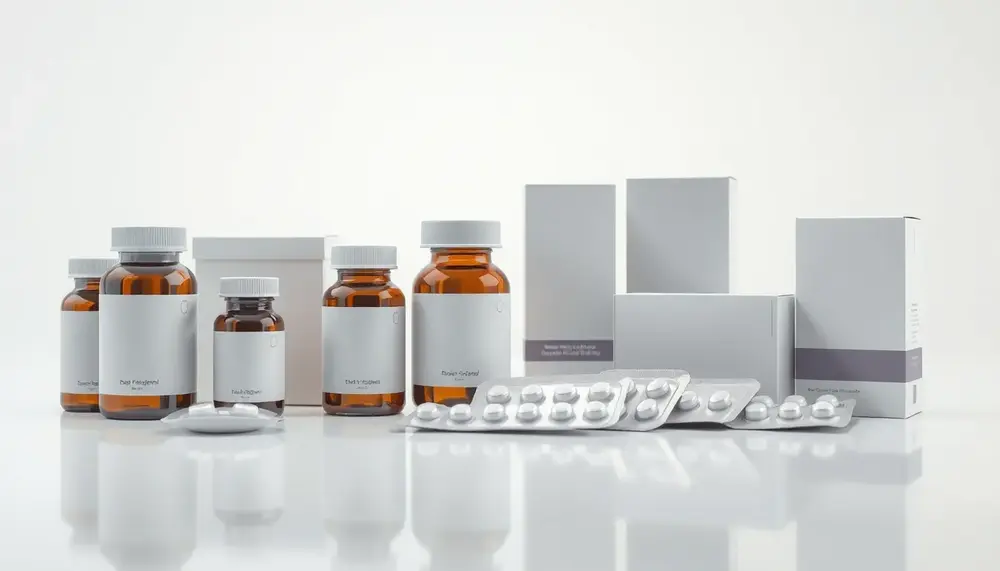
Pharmaceutical packaging design combines functionality with creativity, using visualization and stunning imagery to build trust, convey clarity, and reinforce brand identity. While it enhances consumer engagement and eco-friendliness, challenges include potential complexity, higher costs, and balancing aesthetics with practicality....
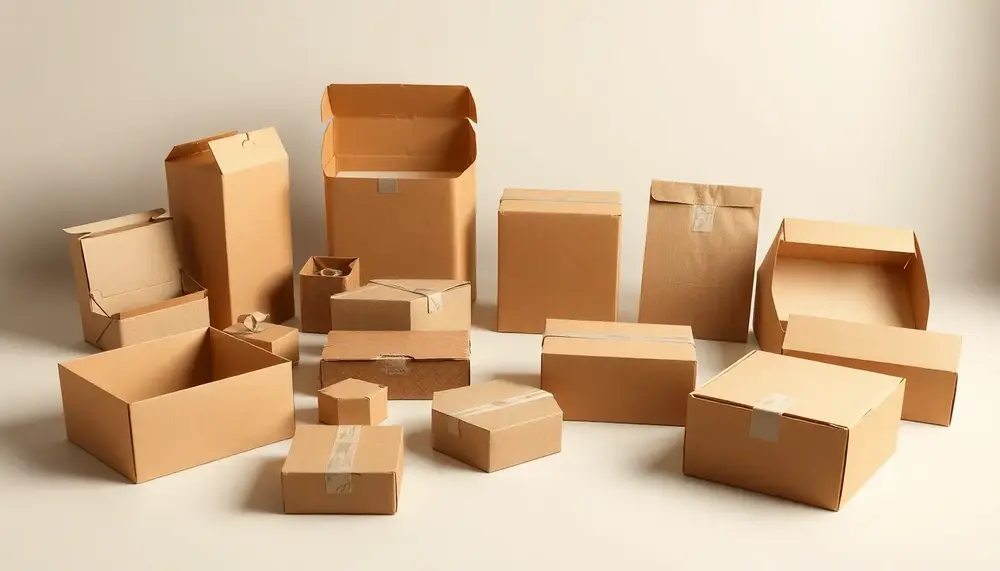
Kardus packaging combines creativity and functionality, offering customizable designs that balance aesthetics with practicality while enhancing user experience. Its key strengths include adaptability, eco-friendliness, and structural versatility, though challenges like cost or limited suitability for heavy items may arise....
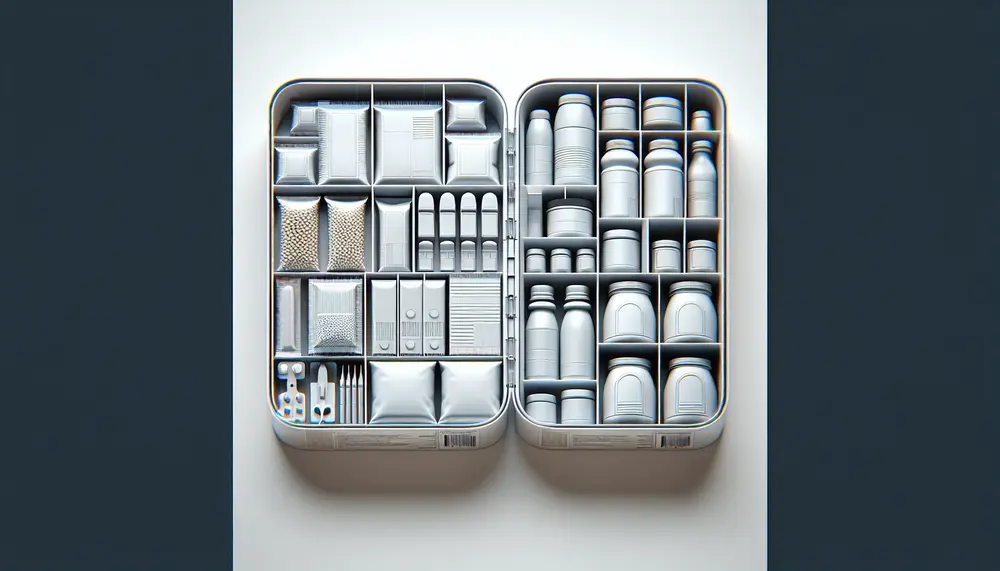
Package design engineering combines elements of engineering, design, and marketing to create packaging that protects products while enhancing their appeal and functionality. Key skills for package design engineers include technical proficiency, problem-solving abilities, attention to detail, creativity, communication skills, and...
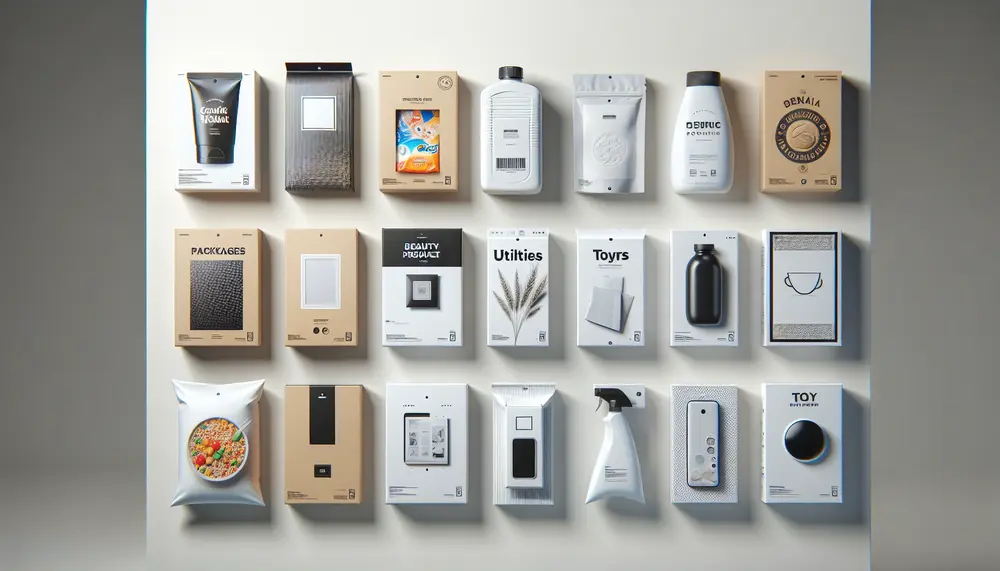
Packaging plays a critical role in first impressions, influencing consumer perception and purchasing decisions within seconds by conveying brand identity and evoking emotions. Design elements like clarity, typography, imagery, consistency, and functionality are key to creating packaging that is both...
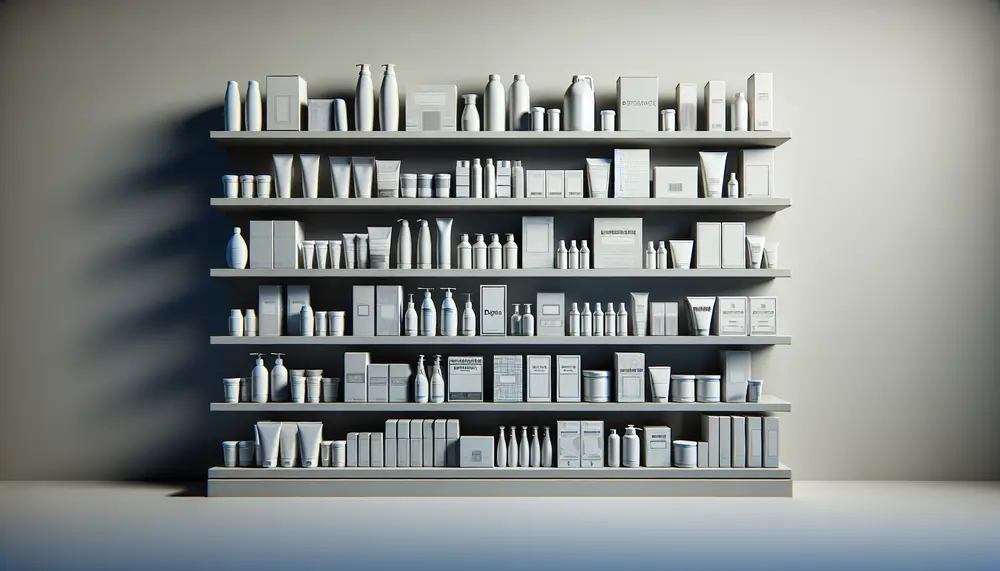
Branding significantly influences consumer perception by creating emotional engagement and fostering loyalty through a consistent narrative that aligns with customer values. Packaging acts as a silent salesman, using design elements to attract attention and convey brand ethos, while also considering...
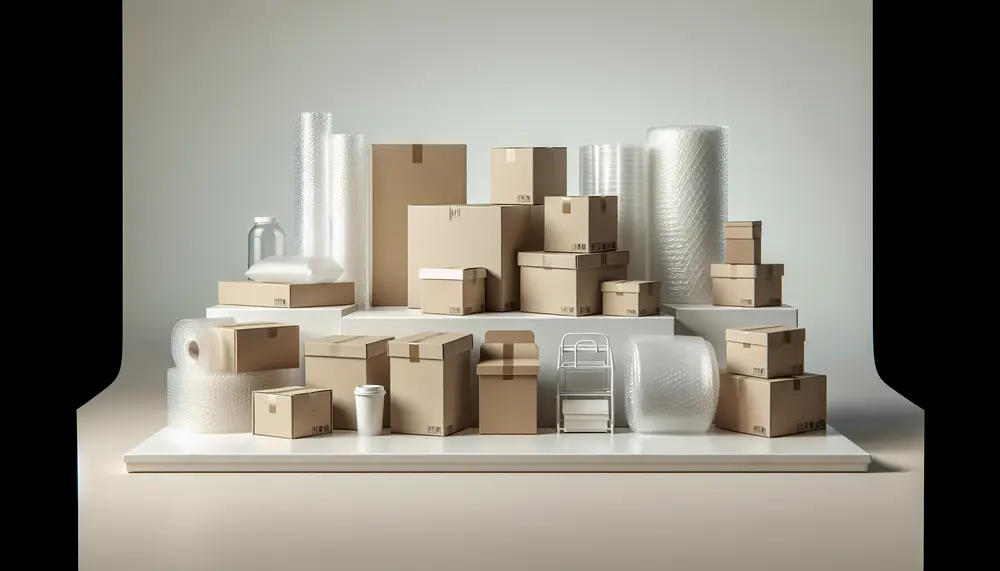
Packaging is essential for product protection and marketing, involving design, materials, functionality, labeling, and branding. Addressing common questions reveals its impact on sales, the balance between sustainability and cost-effectiveness, color psychology in design, industry trends like minimalism and smart packaging...
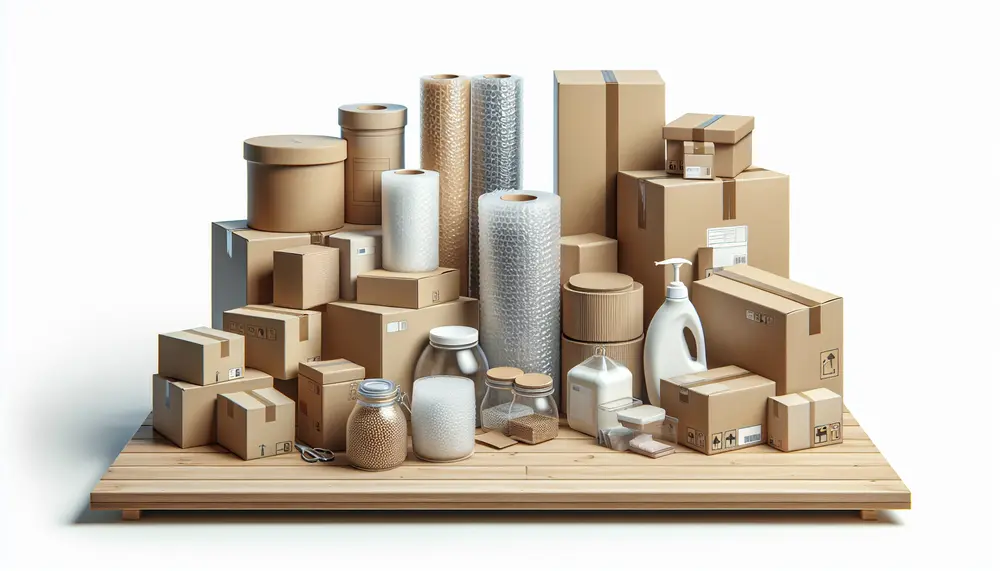
Understanding the basics of packaging is essential for product protection, presentation, and meeting legal standards. It involves considering physical characteristics, user experience, and regulatory compliance to create effective solutions. Different types of packaging materials serve various functions and have distinct environmental...
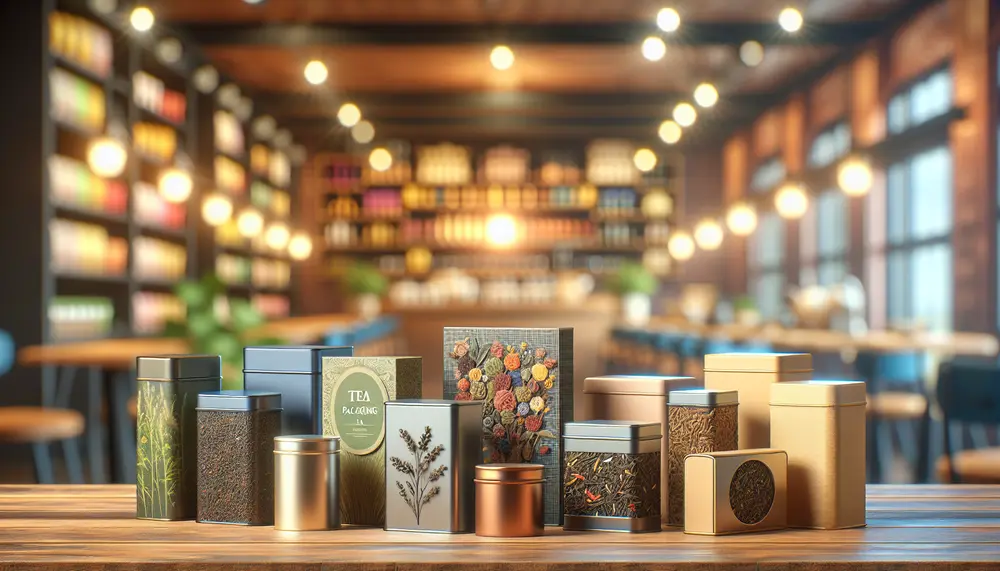
Tea packaging design is crucial for brand representation, customer engagement, and purchase decisions; it must also withstand shipping and reflect environmental responsibility through sustainable materials. Visual appeal in tea packaging influences consumer choice using color psychology, imagery, typography, tactile finishes,...

Kebab packaging requires durability, functionality, and safety to maintain freshness and flavor; materials like Kraft paper and sugarcane pulp are popular for their sustainability. Eco-friendly options such as Bagasse and recyclable Kraft paper align with consumer environmental concerns, while personalized...
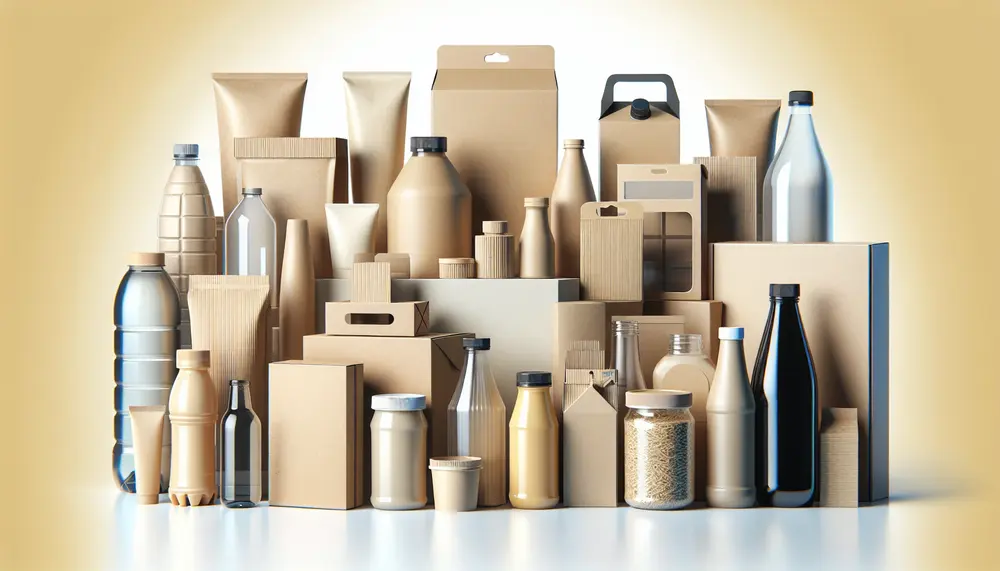
Packaging design has evolved from mere protection to a complex brand storytelling and consumer engagement tool, incorporating aesthetics, functionality, sustainability, and technology. It enhances user experience through convenience, visual appeal, emotional connection, and by reflecting the product's quality....
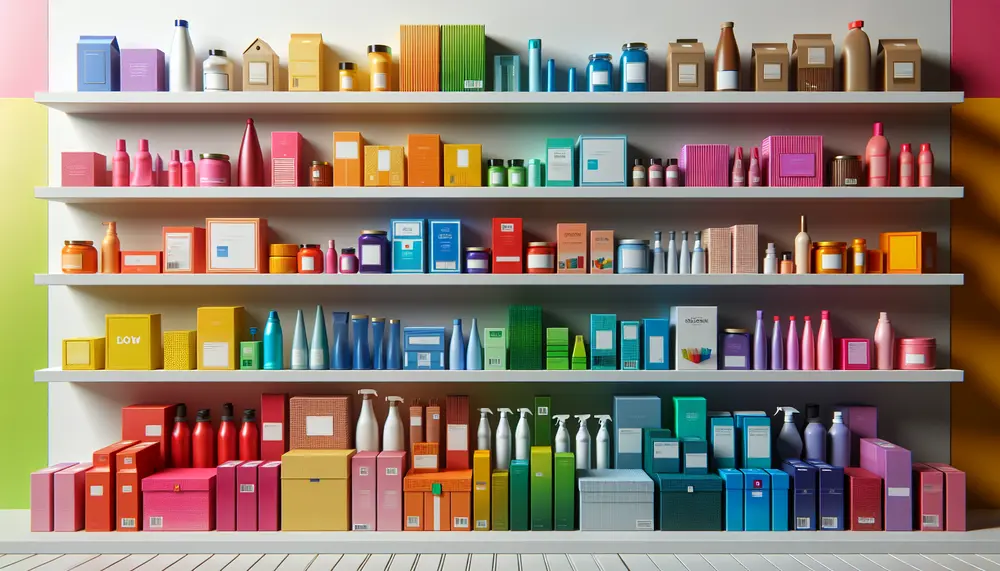
Holistic package design is an all-encompassing approach that enhances brand experience by aligning packaging with a product's core values, functionality, and consumer trends. It influences brand perception significantly through visual cues and functional aspects, fostering loyalty but may incur higher...
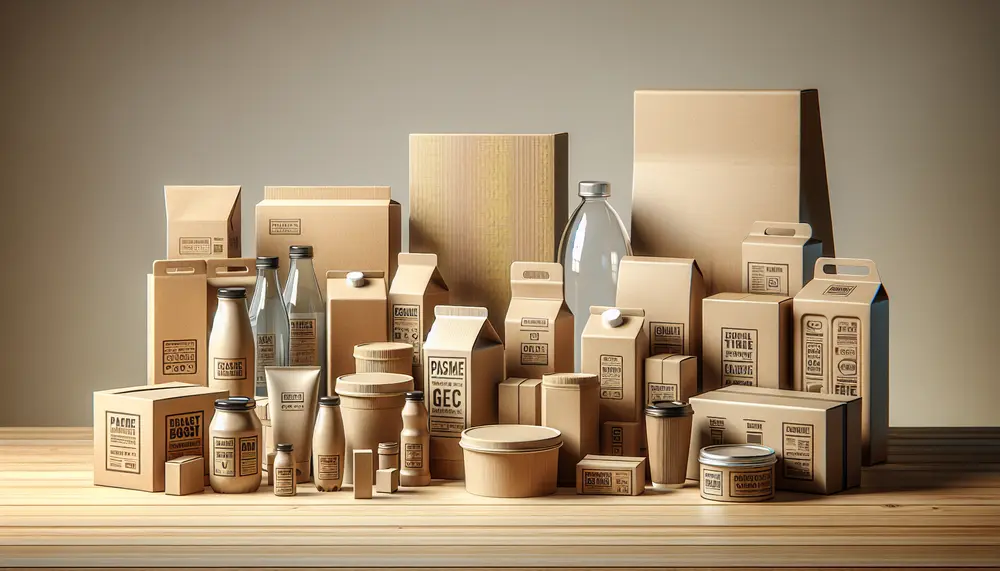
Packaging and branding are crucial for product success, with packaging acting as a brand ambassador and influencing purchasing decisions while branding shapes customer perception. Effective strategies enhance recognition but can be costly, whereas well-designed packaging combines clarity and visual appeal...
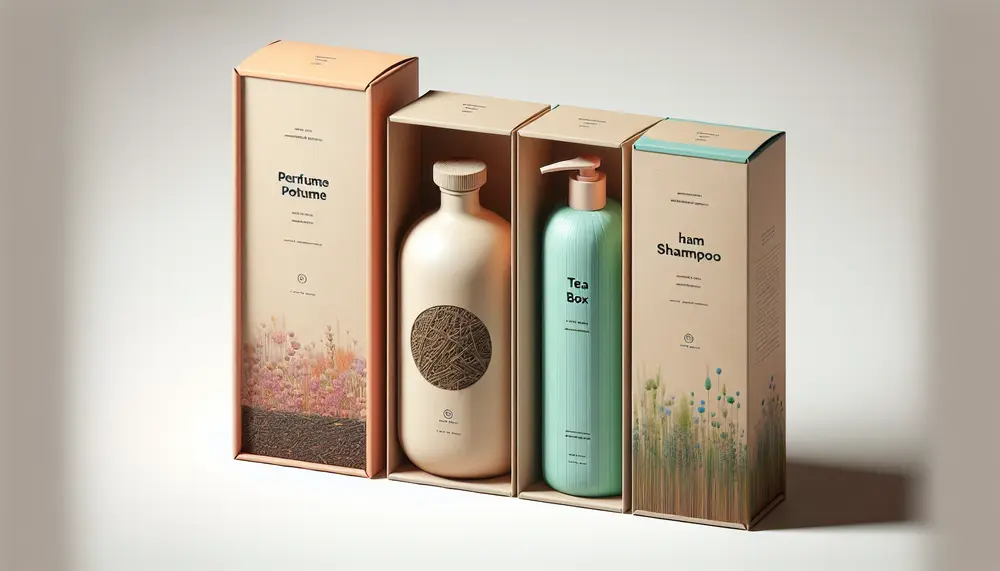
The article discusses how design, branding, and packaging are essential elements that shape a product's identity by conveying its values and market position. These interconnected components influence consumer perception through visual appeal, consistent messaging, and functionality to differentiate the product...

Packaging design is crucial for product protection, branding, and consumer engagement, involving elements like material choice and functionality that align with brand identity. It's a strategic tool in branding, creating emotional connections through visual/tactile cues and differentiating products in competitive...
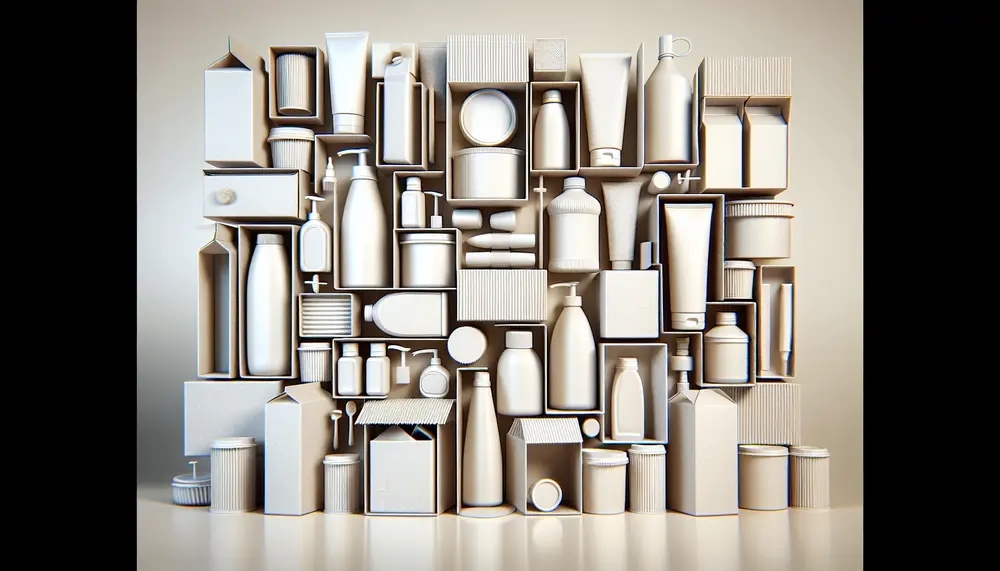
Packaging design and logo significantly influence consumer behavior by making products stand out, conveying brand values, and affecting perceived value. These elements can trigger emotions leading to impulse purchases and reinforce brand loyalty. Brand identity relies on the integration of packaging...

Aprons have evolved from simple protective garments to fashion statements that reflect personal style and branding, with modern designs offering functionality alongside contemporary aesthetics. They are now versatile tools across industries, customizable for comfort and efficiency, blending usefulness with style...
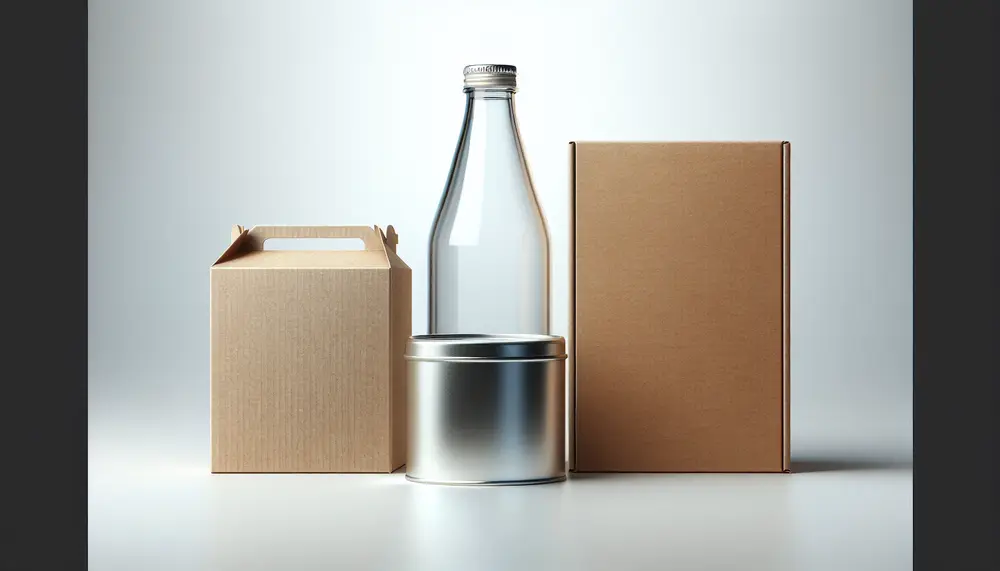
Packaging design combines aesthetics and functionality, focusing on the product, brand identity, consumer appeal, and compliance with regulations. Good packaging balances visual attractiveness with practicality to enhance user experience and encourage loyalty. Effective packaging requires a balance of clear messaging, simplicity...
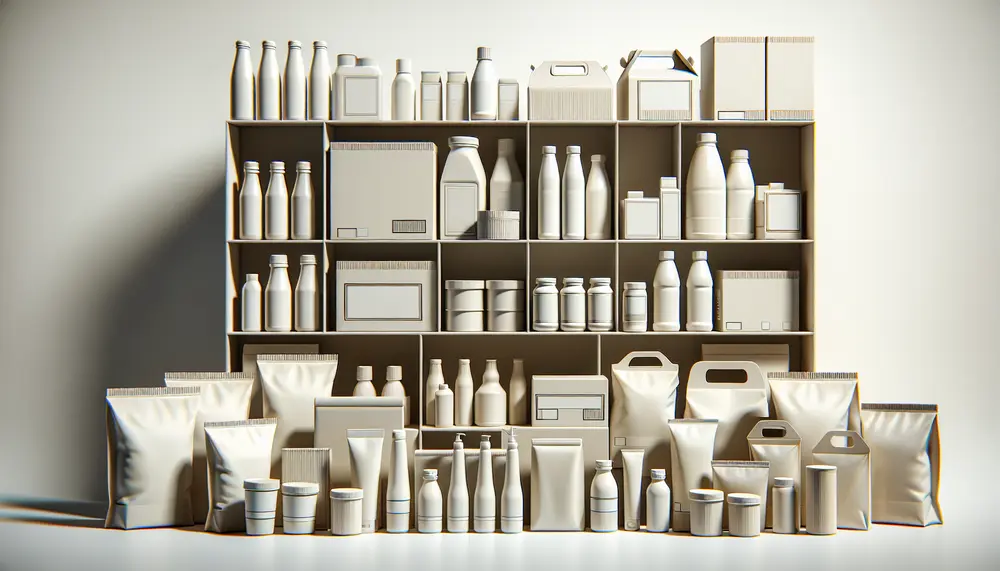
Effective packaging layout is essential for visual communication, guiding consumer attention and influencing purchase decisions through a hierarchy of design elements. It's not just about aesthetics but also functionality, including barcode placement and legal requirements. Packaging layout significantly affects consumer perception...
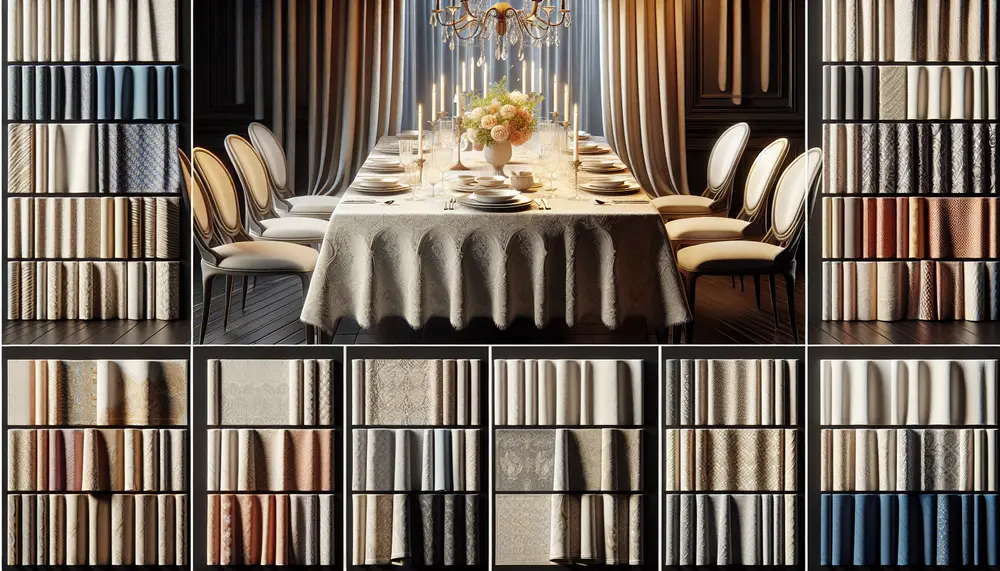
Selecting the perfect tablecloth involves considering size, shape, occasion, material, color, and functionality to enhance dining room aesthetics. Different materials offer varying qualities of durability and maintenance; choosing the right one balances style with practicality. Proper sizing for a tablecloth is...
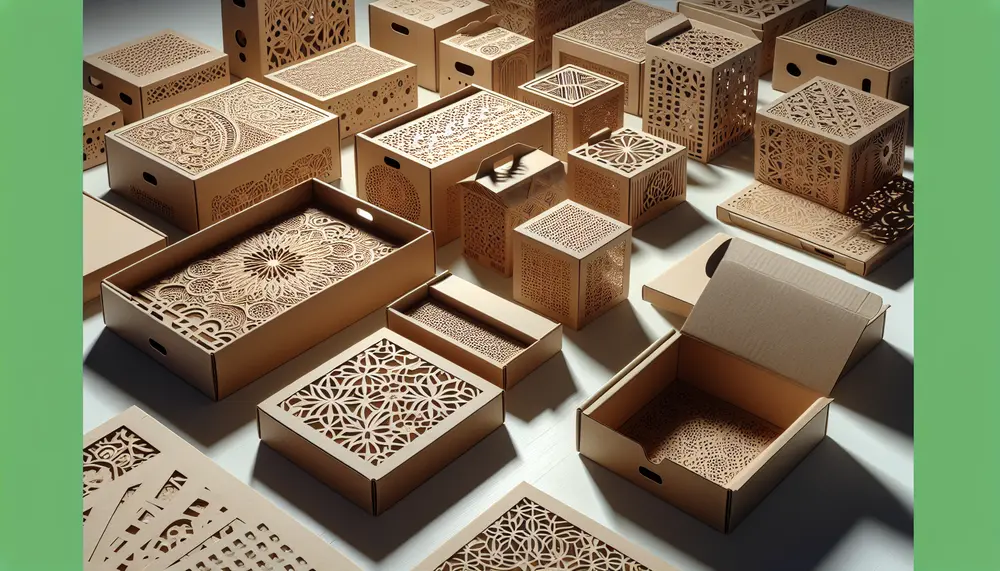
Perforation in packaging design is a critical element that enhances product breathability, user access, and maintains integrity during transport. It requires careful consideration of material properties and precise techniques to ensure functionality without compromising quality. The role of perforation extends to...
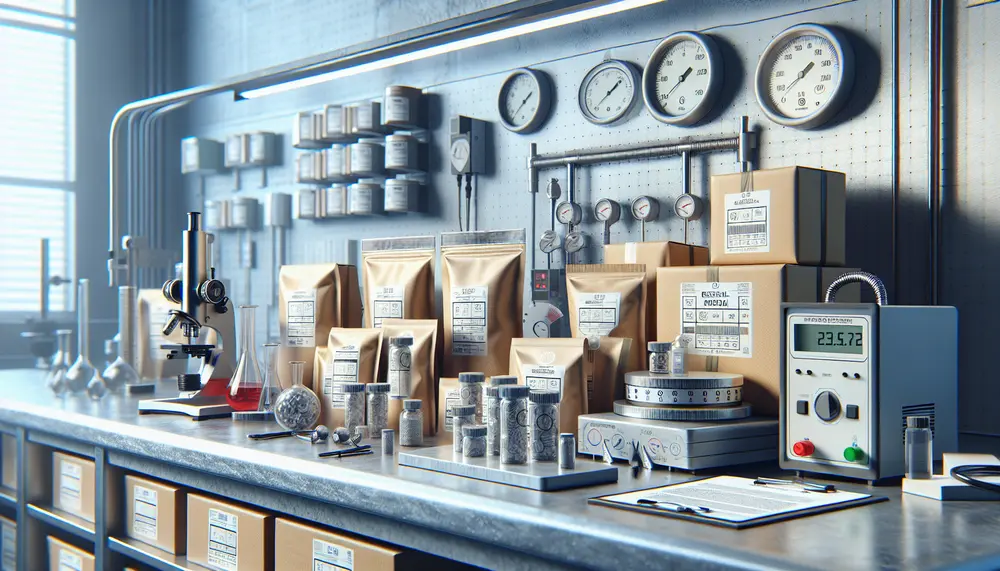
Packaging validation is a crucial process for ensuring product protection and compliance with industry standards, involving rigorous testing to simulate real-world conditions. It's essential for maintaining product integrity, safety, regulatory adherence, and consumer trust. An effective packaging validation protocol includes clear...
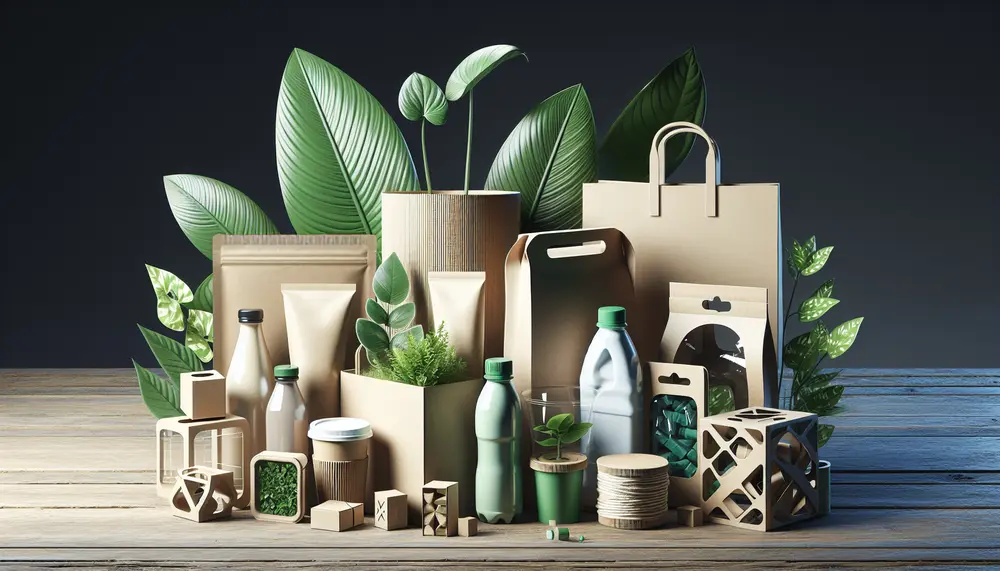
The Sustainability Awards for Packaging in Europe highlight innovative sustainable packaging solutions, emphasizing the industry's shift towards environmental responsibility as a core value. Winners are chosen based on comprehensive criteria that assess material efficiency, design for recycling, innovation, life cycle...
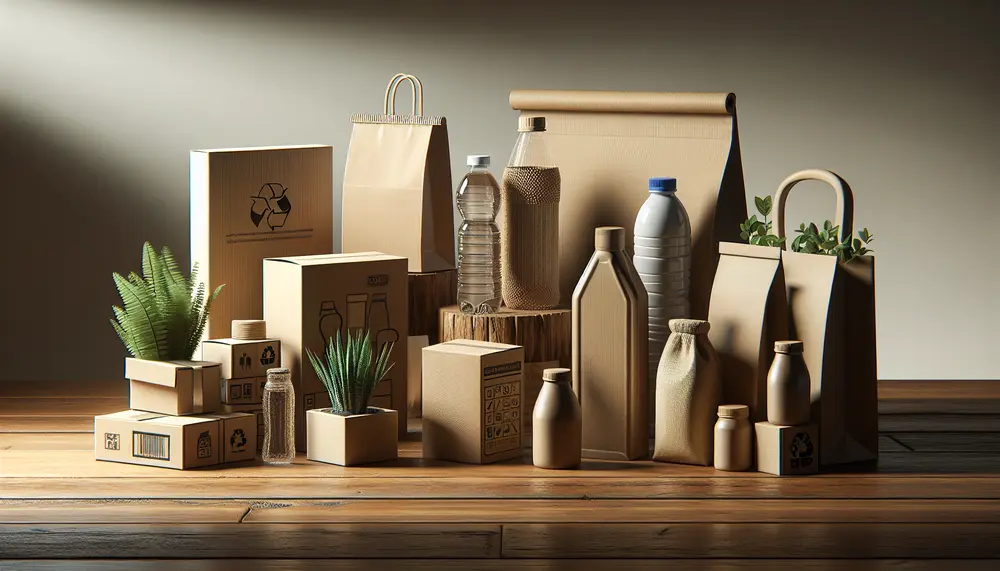
Innovative packaging ideas enhance brand storytelling and consumer engagement, with creativity being essential for differentiation in the market. Sustainable materials, personalization, and technology integration like QR codes and RFID/NFC tags are key trends driving innovative packaging solutions that offer functionality,...
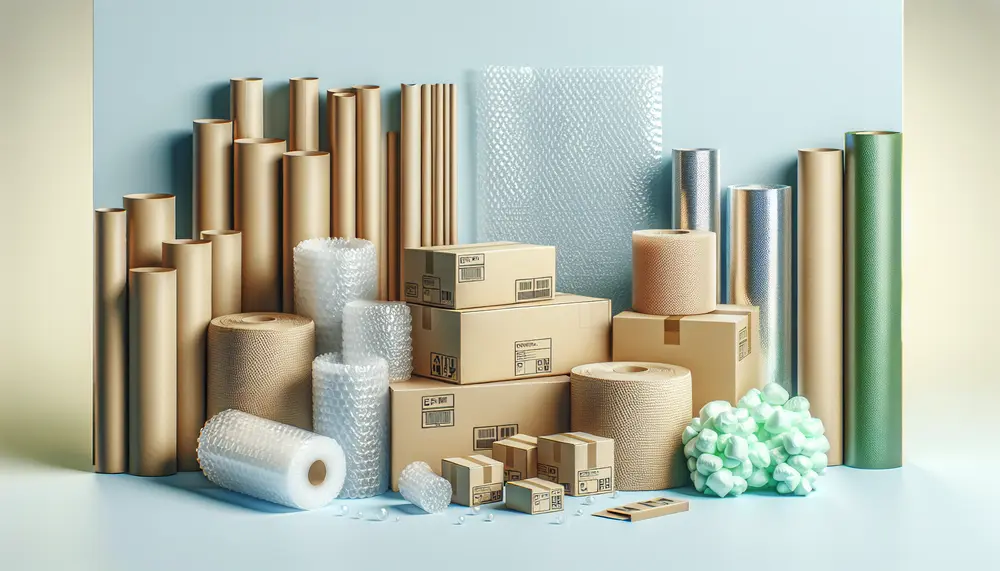
Product packaging is essential for protection, communication, and marketing; it must align with the product's physical needs and brand identity. Effective design balances visual appeal, functionality, user experience, and market demands to differentiate products. Choosing the right materials involves considering protection...

